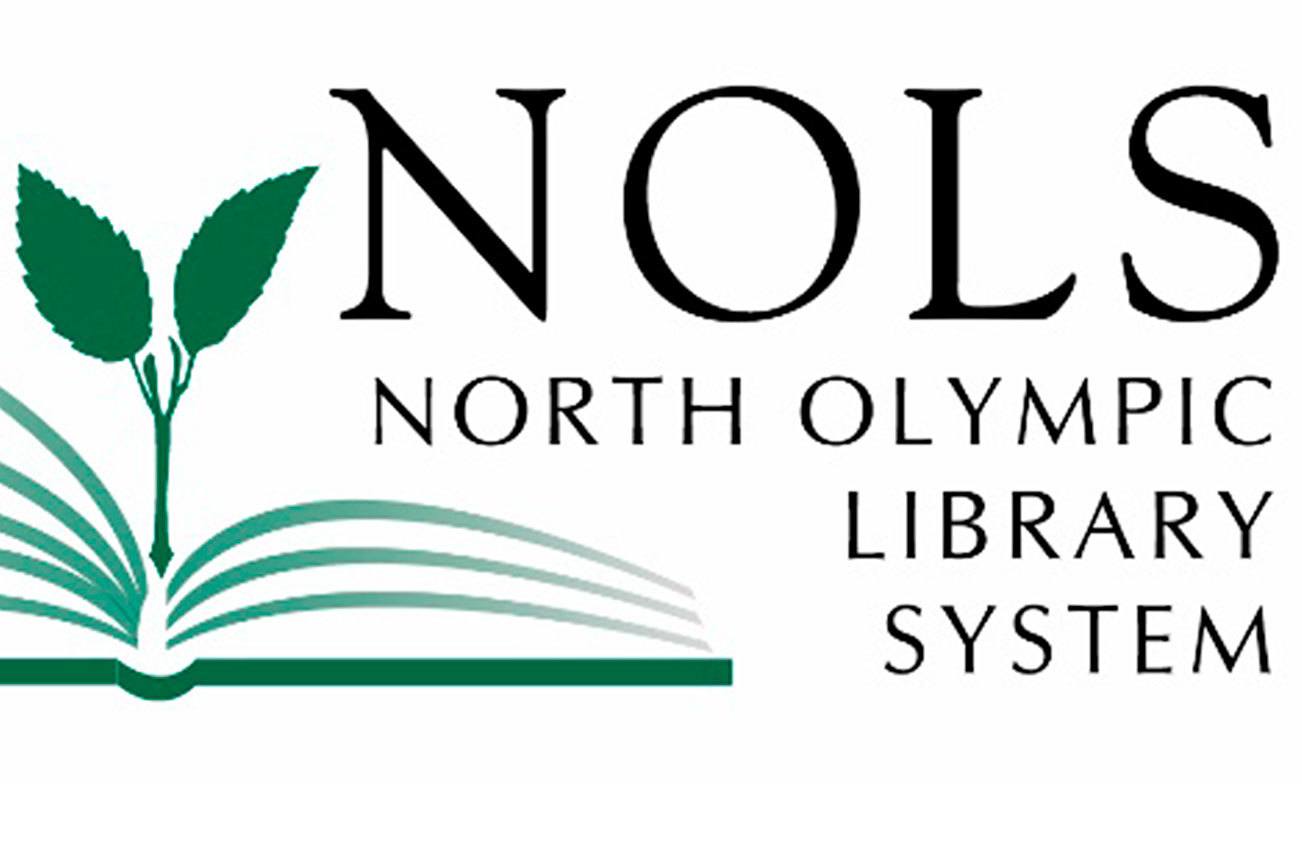Expressions such as “fake news” “alternative facts” and “post-truth” have become common phrases during the past few months.
While most people realize that not everything we read is true, especially on the Internet and social media, many of us don’t really know how to go about determining the reliability of the information we read.
Teaching information literacy skills is one of the public services libraries provide. The ability to confidently recognize when information is needed and to be able to locate, evaluate and use that information effectively, has never been simple — even in the days where most information searches were limited to books, periodicals or journals, more often than not containing extensive bibliographies and source citations. In the fast pace of the info-byte-clickbait-social media-react/share/comment-retweet digital age, information literacy is more challenging and more important than ever.
Here are some specific suggestions to help you evaluate the reliability of information you read on the Internet and to be more confident that you are sharing information responsibly.
Consider the source
Is it from a reputable news organization? Watch out for knock-off websites that try to look like reputable news sources. Example: abcnews.com.co instead of abcnews.com (ABC News website). Click away from the story to investigate the source site, its mission and contact info.
Read beyond the headline
Headlines can be outrageous in an effort to get clicks. They don’t always represent the true content of the article. What’s the whole story?
Check the author
A quick Google search will give you a good idea about the author’s background. Is the author credible? A made-up name? Or someone with a specific agenda?
Check referenced sources, pictures
Click on the links. Determine if the linked info actually supports the story. Google reverse image search can help you find the original source of a picture.
Check the date
Old news stories frequently are reposted on social media. A re-circulating story read as if it were current news can be very misleading.
Is it satire?
If it seems far-fetched, don’t assume it’s true. Do a quick search about the author and website to find out more.
Check your biases
We’re all more likely to believe a story that supports our own viewpoint. Allsides.com is a news site that posts different angles on the same story to help you identify bias.
Ask an expert
Check reputable fact-checking websites, such as FactCheck.org, Snopes.com and PolitiFact.com — or stop by the library. To quote author Neil Gaiman, “Google can bring you back … a hundred thousand answers. A librarian can bring you back the right one.”
For more
Call 683-1161, email sequim@nols.org or stop by your local Sequim Library for all of your information needs.
Staff are trained to help you find authentic, reliable sources of information.
The library is at 630 N. Sequim Ave.
Emily Sly is the Sequim Library manager .


